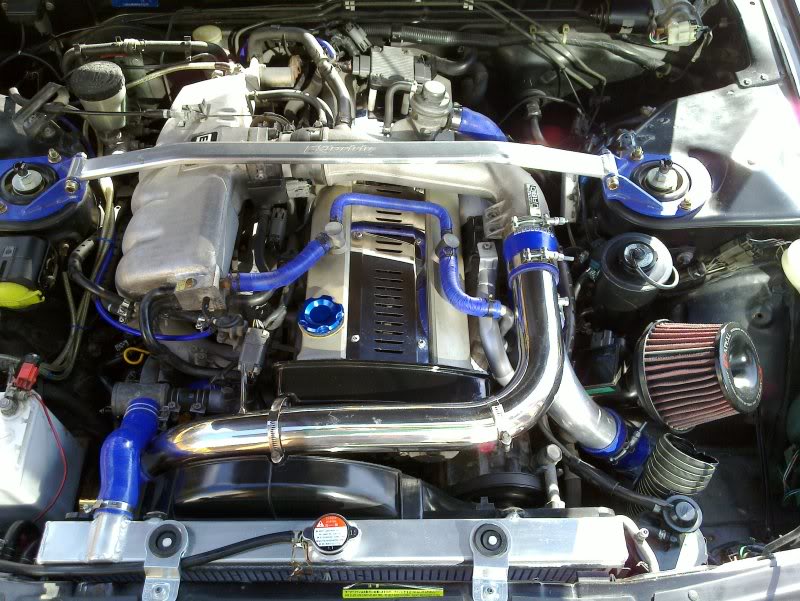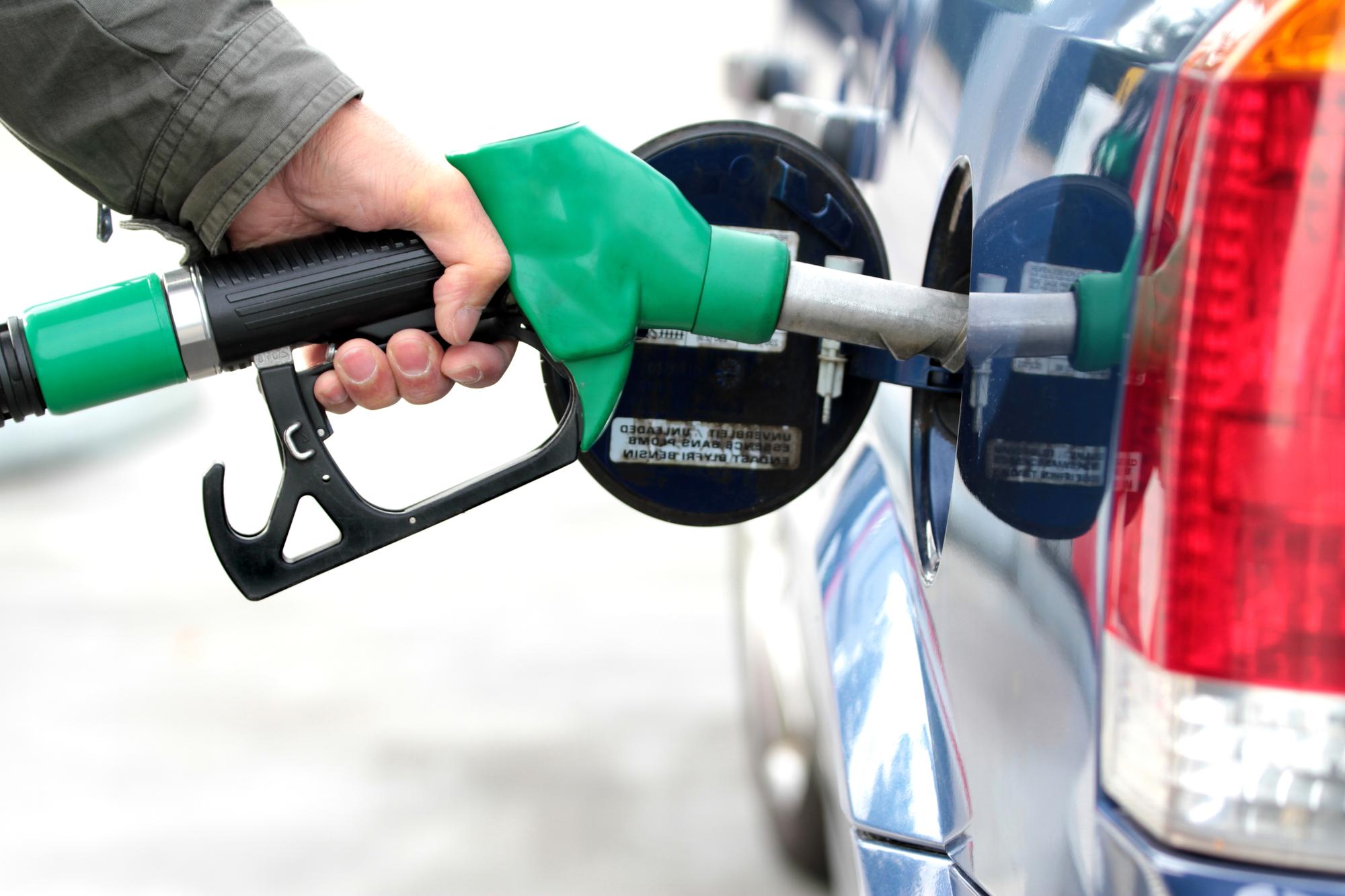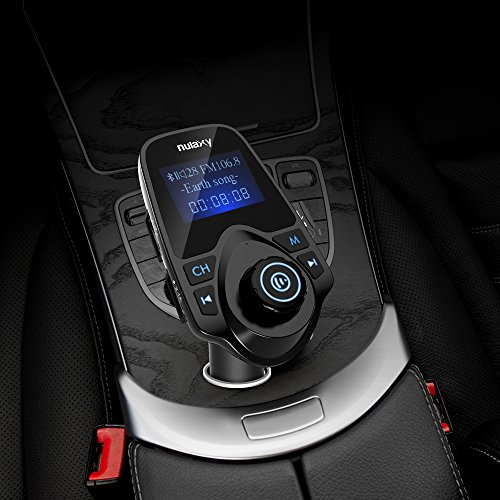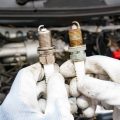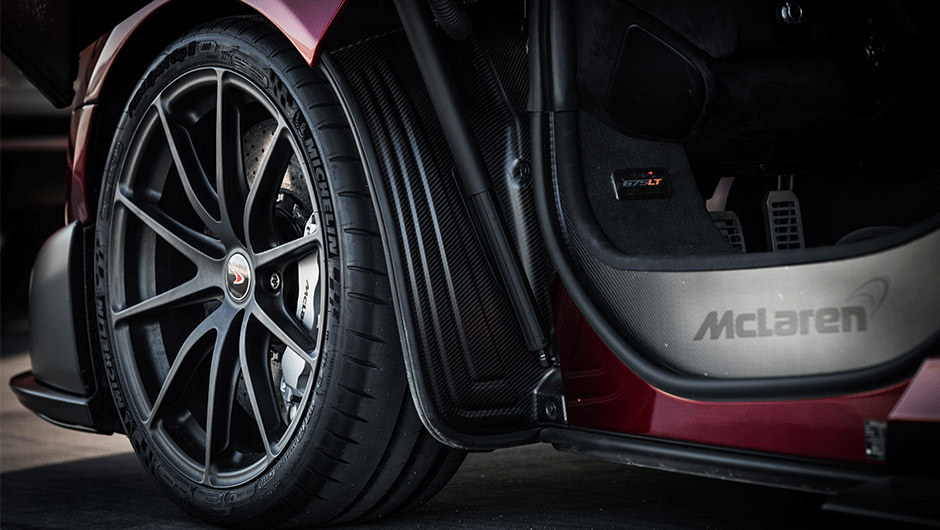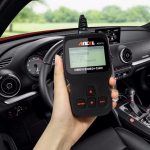Vehicle Modifications For Improving Fuel Economy
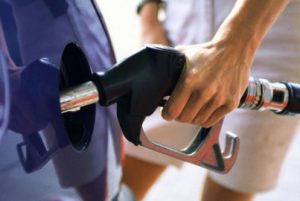 While the type of vehicle you drive dictates a particular range of mileage, improving fuel economy can also be effected by many other factors. The way you drive can improve mileage, no matter the type of vehicle. In these ways you can save money, reduce emissions, and hedge your average spending during a gas price spike.
While the type of vehicle you drive dictates a particular range of mileage, improving fuel economy can also be effected by many other factors. The way you drive can improve mileage, no matter the type of vehicle. In these ways you can save money, reduce emissions, and hedge your average spending during a gas price spike.
Your gas mileage and fuel economy depends on your driving style more than you might think. Roaring out of an intersection, speeding, and abrupt braking are all flagrant fuel burners. Sensible and reasonable driving improves fuel economy by up to thirty percent at high speeds. Especially on the highway, rapid acceleration and deceleration is dangerous and sucks on your gas tank. For every five miles per hour you drive over 65, your mileage decreases by seven percent. You can set your cruise control to maintain a steady speed, which also improves mileage on flat open road.
While some people are used to the idea that a car must be warmed up, most modern vehicles with fuel injection shouldn’t be warmed up for more than thirty seconds. Even in the coldest climate, thirty seconds is sufficient for the engine. If the warmth of the interior is also a factor, cranking up the heater for those first thirty seconds should do the trick. Icy windshields are better scraped of frost than defrosted from the interior, or both. The engine will stay warm even if it is shut off for short intervals. While you are idling at a long traffic light or in the drive through you vehicle is getting zero miles per gallon. While a ‘cold start’ does use more fuel to prepare the engine, it will remain warm for quite a while.
Keeping your vehicle well maintained improves vehicle performance and also improves fuel efficiency. A clogged fuel filter or a compromised spark plug will effect the miles per gallon. Proper maintenance includes using the right octane gas and the recommended grade of motor oil. Using the recommended fuel grades for your vehicle will give you optimum fuel efficiency, all of which should be listed in the vehicle owners manual. Fixing a serious maintenance problem, like a impaired oxygen sensor, can improve your mileage by as much as forty percent. Properly inflated tires safer, last longer, and have a big impact on fuel economy, reported by the DOE as improving mileage around 3 percent.
Keeping your vehicle exterior clean and waxed improves aerodynamic drag, as does having the windows rolled up. If you can stand the windows up and the air conditioner switched off, you can double up on your fuel savings in regards to aerodynamics. If you’re just driving around town, you would be okay with the windows down, and better off with the air conditioning on while driving on the highway. Roof racks, even empty, increase drag and decrease fuel efficiency. A trunk full of heavy items will also reduce fuel mileage. Unloading one hundred pounds of excess weight increases mileage by up to two percent.
Gas pumps measure fuel by volume, and gasoline is more dense when its temperature is colder. Pumping fuel during cool mornings will magnify the value and miles you get out of each tank of gas.
Starting and stopping during heavy commute times wears on your brakes, tires, and patience. A few adjustments to your regular work or school commuting routine can avoid rush hour traffic and boost your average mileage. Combining trips can also be a simple adjustment to save lots on fuel, as well as time. Even if you would end up driving the same amount of miles, combining many short trips into one longer outing can double your mileage. It’s because warming up the engine from a ‘cold start’ uses more fuel than from an already warm motor.
All of the above methods are options when driving is necessary. To further reduce fuel use, carpooling is a great start. Even if you just alternate with one other car and driver, you will spend less on fuel, and your vehicle will last longer. Public transportation, walking, and bicycling are options for some trips.

